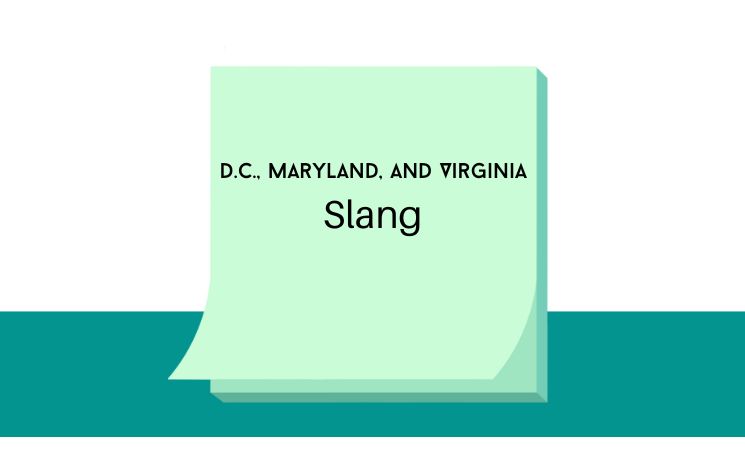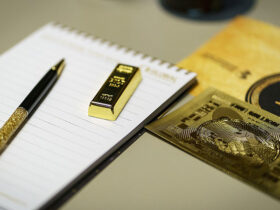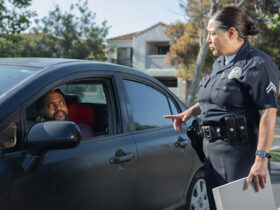Last summer, I attended a lively Go-Go music event in D.C. Amid the beats and energy, someone shouted, “Stop bluffin’, Moe!” I froze for a second, puzzled. Who’s Moe? And what does “bluffin’” mean? That moment sparked my curiosity about the unique language of the DMV – short for D.C., Maryland, and Virginia.
Little did I know, this region isn’t just a cultural melting pot – it’s also a hub for some of the most vibrant slang in the country.
If you’ve ever heard phrases like “jont” or “bama” or “siced” and wondered what they mean, you’re not alone.
DMV slang reflects the unique blend of urban, suburban, and Southern influences in the region. Rooted in African American Vernacular English (AAVE), hip-hop culture, and local traditions, these expressions are a testament to the area’s diversity and creativity.
Common DMV Slang Terms You Should Know along with me
Jont (or Joint) Meaning: A versatile word for anything – literally anything.
In Context: “Pass me that jont” (referring to an object) or “That party was a jont!” (meaning the event was great).
Moe Meaning: A term of endearment or address, like “bro” or “dude.”
In Context: “What’s good, Moe?” Translation: What’s up, bro?
Stop Bluffin’ Meaning: Stop lying or pretending.
In Context: “You said you’d show up, but you didn’t. Stop bluffin’, Moe.”
Bama Meaning: An insult for someone considered uncool or out of touch.
In Context: “Look at those shoes! You’re such a bama.”
Crankin’ Meaning: Refers to something exciting, lively, or awesome.
In Context: “That Go-Go band was crankin’ last night!”
Siced – also spelled “siced” Meaning: Use to describe someone who is overly excited or hyped.
In Context: “She was siced about the concert last night.” Translation: She was very excited about the concert.
When I first encountered DMV slang, it felt like stepping into a whole new world. Words I thought I understood had entirely different meanings. After some embarrassing missteps (like calling everything “crankin’” even when it wasn’t), I started to get the hang of it. What stood out to me was how these terms weren’t just words – they were expressions of identity and pride.
Now, when someone says, “What’s good, Moe?” I know they’re not just greeting me – they’re welcoming me into a culture as rich as its slang.
Disclaimer: The information presented in this content has been publicly gathered to provide an understanding of slang meanings. It is intended solely for educational and informational purposes, aimed at simplifying complex or unfamiliar terms for better comprehension. While efforts have been made to ensure accuracy, slang usage can vary by region, context, and culture. This content should not be considered definitive or authoritative. Always use discretion when applying slang in different settings.









